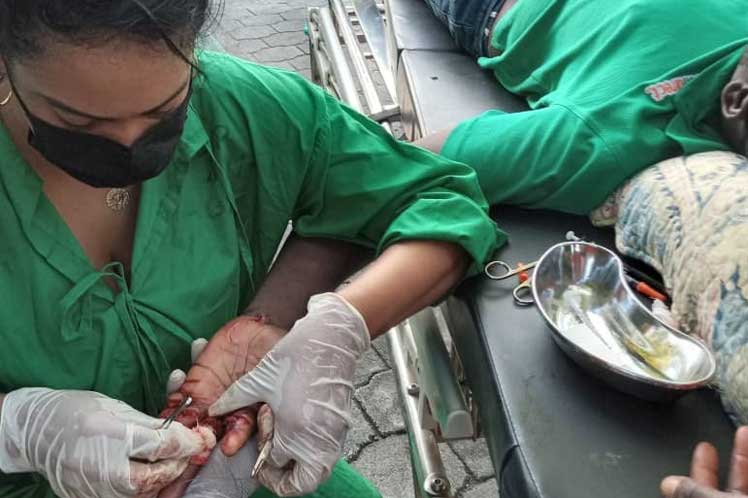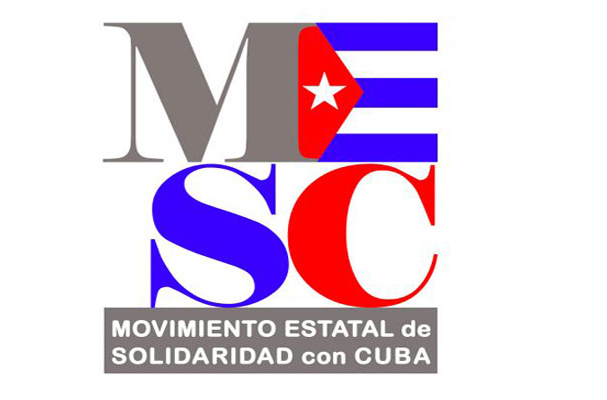They also noted their rejection of unilateral coercive measures contrary to the UN Charter and International Law, in a statement in which signatories condemned the intensification of the extraterritorial dimension of the blockade, as well as the persecution of international financial institutions in transactions with Cuba.
The text endorsed by heads of state and government requests that the U.S. government comply with the provisions of the 25 resolutions adopted at the UN General Assembly and put an end to the hostile policy maintained for over half a century.
The reestablishment of diplomatic relations between the two countries and the opening of embassies in Washington and Havana, along with other initiatives to gradually normalize bilateral ties, were also welcomed. In addition to the Declaration of Cartagena de Indias, which contains the essential points of agreement, Ibero-American leaders signed a total of 14 further statements.
These included a statement on support for the Colombian peace process, and a message of solidarity to Haiti following the devastation caused by Hurricane Matthew. The Ibero-American Youth Pact stands out among the texts resulting from the gathering, held as a prelude to the meeting of foreign ministers and the 11th Ibero-American Business Meeting.
On closing the 25th Ibero-American Summit of Heads of State and Government, Colombian President Juan Manuel Santos stressed that this was a gathering of peace and for peace, and took the opportunity to express his gratitude for international support of efforts to end the country’s long-running internal conflict through dialogue.
In his final speech, Santos wished Guatemala success, having assumed the Pro Tempore Secretariat of the Summit, with the next edition to be held in 2018. Ibero-American Secretary General, Rebeca Grynspan, noted that the event once again proved to be a space for political dialogue and cooperation.




